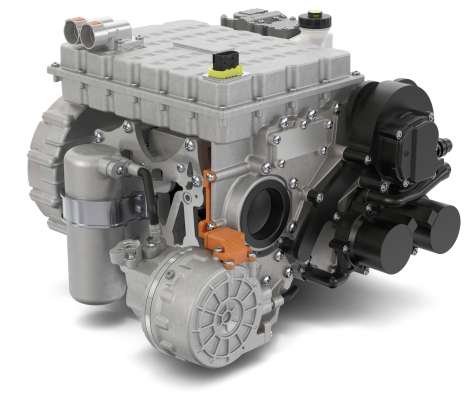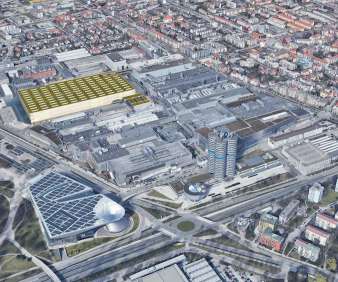Schaeffler introducing 4in1 electric axles for EVs
Green Car Congress
JUNE 14, 2022
In the future, Schaeffler will supply beam axles to automobile manufacturers, particularly in North America. Heat is a scarce and valuable resource in electric cars, which do not have the waste heat from internal combustion engines for heating the interior, for example.












Let's personalize your content